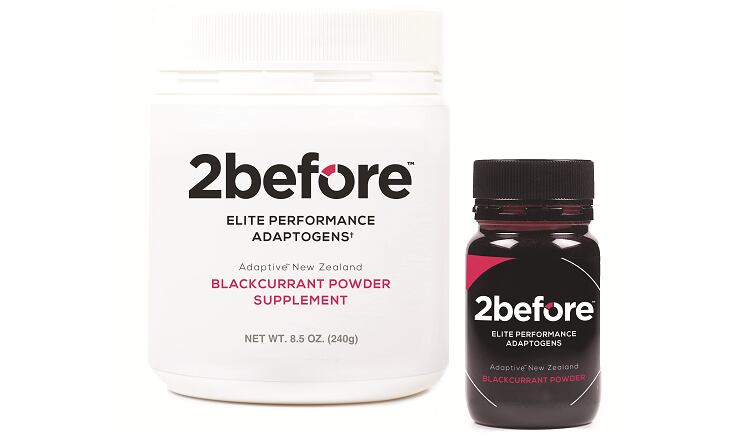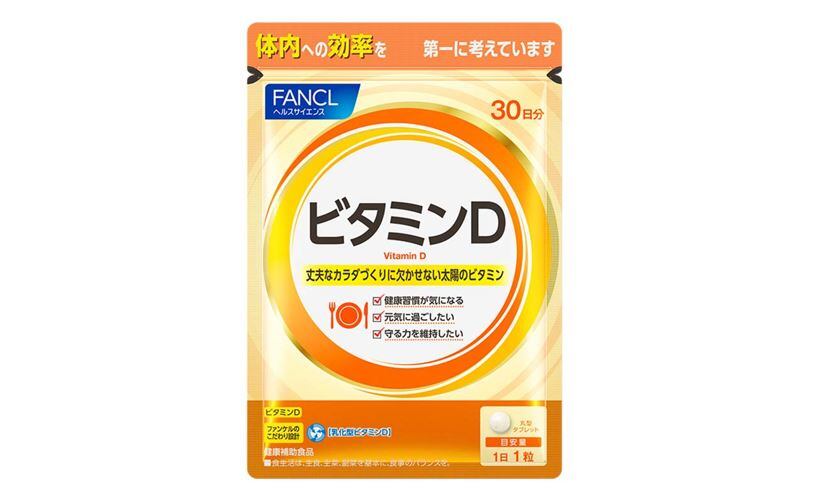Comprising three randomised controlled trial (RCT) and 203 children, children in the vitamin D supplementation group had better outcomes in two key tests - of Social Responsiveness Scale (SRS) and Child Autism Rating Scale (CARS) compared to the placebo group.
Researchers in China carried out the study because they felt there was a lack of information on the effect of vitamin D supplementation on autism symptoms, which also took into account serum 25-hydroxyvitamin D levels.
Most studies assessed supplementation on risk of autism, they said, rather than symptoms.
Previous studies have reported that low serum vitamin D levels were a risk factor for ASD both in foetal life and during childhood.
The findings were published it in the journal of Clinical Psychopharmacology and Neuroscience.
Selecting studies
A total of 452 studies were retrieved from databases including PubMed database, EMBASE, Cochrane Library, Web of Science, Sino-Med, Wanfang Data, and China National Knowledge Infrastructure.
After screening, three randomised controlled trial (RCT) conducted in China (Fang et al., 2018), New Zealand (Mazahery et al., 2019) and Ireland (Kerley et al., 2017) were included in the meta-analysis.
The RCTs included children 18 years and above, and used the Aberrant Behaviour Checklist (ABC), SRS and CARS to evaluate the severity degree of symptoms in children with ASD.
The ABC measures behavourial disturbance, SRS measures social ability, and CARS works as a rating scale for detection and diagnosis of autism.
Supplementation range from 800IU of vitamin D to 2000 IU among the three RCTs, for a period of 20 weeks to 12 months.
Vitamin D is beneficial
Findings from the meta-analysis suggest that vitamin D supplementation was beneficial for improving symptoms in children with ASD, demonstrated by the significantly lower SRS and CARS scores (p=0.03).
Researchers said studying serum vitamin D levels were important in understanding and relieving the symptoms associated to the disorder. Studies have reported that serum vitamin D levels were lower in children with autism compared to children without autism.
Low serum vitamin D levels in children with ASD tend to be associated to insufficient intake in their diets.
“Some children with ASD may have other diseases that possibly affect vitamin D absorption and transformation in the body. Additionally, geographical reasons and living habits associated with insufficient exposure to sunlight may hinder vitamin D absorption.”
Researchers explained that vitamin D plays a role in the brain detoxification pathway, nourishing the nerves and increasing glutathione levels.
As ASD is a neurodevelopmental disorder, “therefore, a proper dose of vitamin D supplements may play a beneficial role in the development of the nervous system, thereby improving the symptoms of autism.”
They admitted that their findings were ‘merely reasonable speculations’, and were limited by the number of existing clinical trials thereby reducing the intensity of the research demonstration to some extent.
“Thus, more favourable evidence remains to be confirmed by conducting more high-quality, large-sample clinical trials or meta-analysis in the future.”
Besides vitamin D, maternal folic acid (vitamin B) supplementation have also been studied on its effect in reducing the risk of autism in their newborns. Folinic acid supplementation may also improve verbal communication in children.
Source: Clinical Psychopharmacology and Neuroscience
doi: 10.9758/cpn.2020.18.2.203
“Vitamin D Supplementation is Beneficial for Children with Autism Spectrum Disorder: A Meta-analysis”
Authors: Liyao Song, et al.




